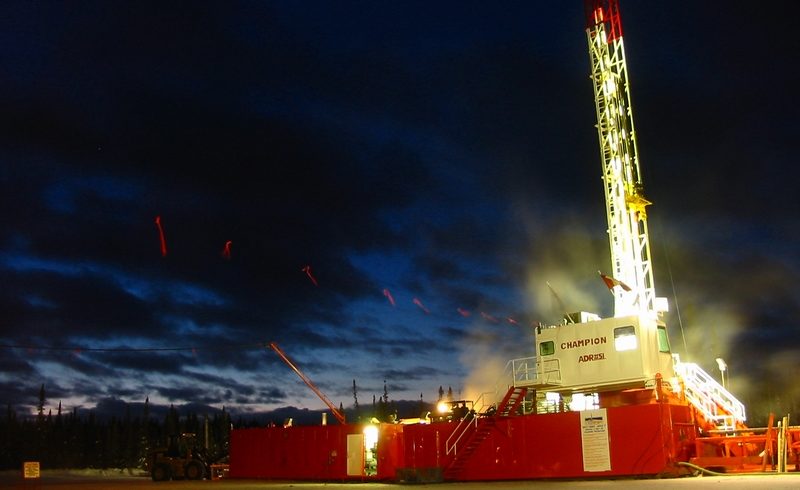By Jake Johnson “If you asked me to go and live downwind [of fracking sites], I would not go,” said the lead author...
Archive for tag: Air Pollution

Puebla’s Urban Air Pollution Solution
By DEBRA ACZEL and MIRIAM ACZEL Puebla and The City of Ideas This past November, we had the honor of attending the 12th edition of the Ciudad de...
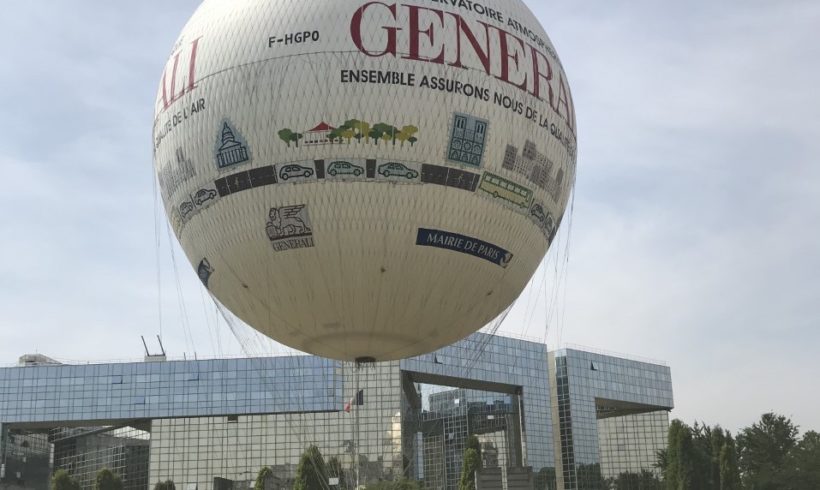
Ballon de Paris: Taking Climate and Weather Monitoring Off the Ground
By MIRIAM ACZEL Paris—that beautiful city of cheese and wine, boat rides and picnics along the Seine, museums and breathtaking architecture—and what better way...

An Airplane’s Footprint
By Doug Abbott Let’s take a closer look at air travel’s environmental impact, how you can reduce your impact, and the plans...
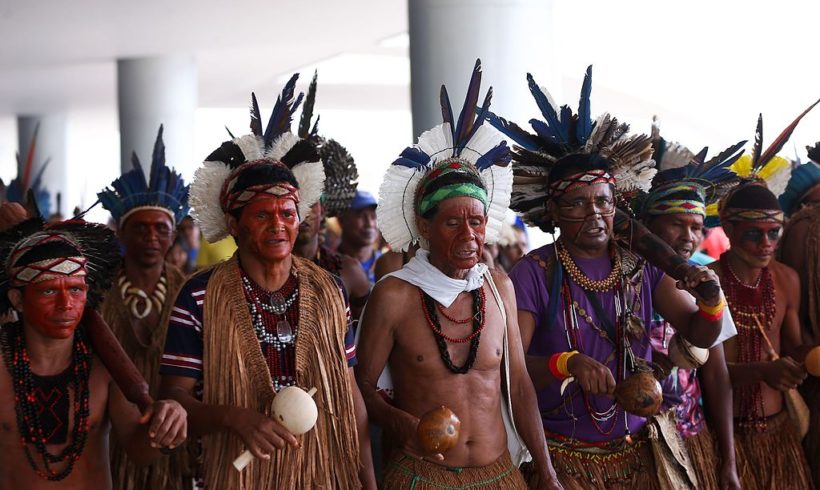
12 Countries Sign Historic Agreement Guaranteeing Environmental Rights in Latin America and the Caribbean
Air pollution can threaten the health and well-being of entire communities. Perhaps no one knows this better than villagers from Quinteros and Puchuncaví, Chile.
The two towns have been dealing with air pollution from nearby industrial parks since the 1970s. High levels of sulfur dioxide and particulate matter have damaged crops and sickened children, elderly people and animals. While the government has prepared a decontamination plan, there have already been at least two more air pollution episodes just this year that affected local schools and communities.
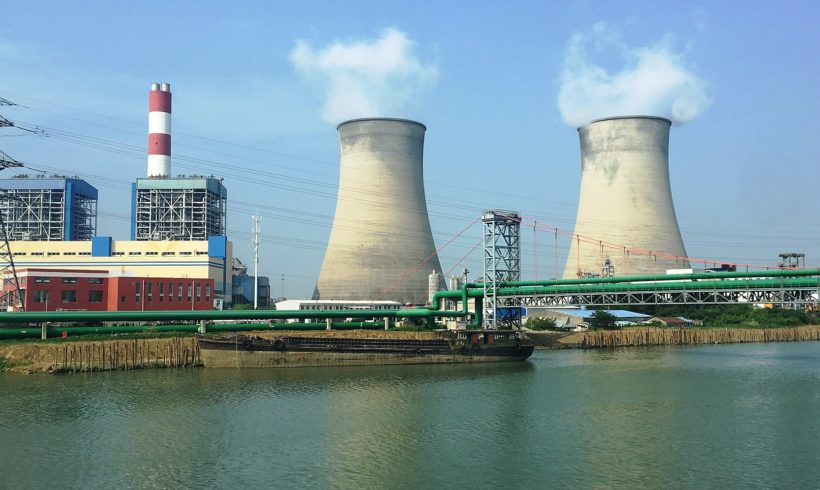
China’s Gas Shortage
Recent strategies and policies to phase out coal in China have led to an increase in demand for natural gas. In October 2017, China’s Ministry of Environmental Protection unveiled plans to cut harmful air pollution, especially the particularly damaging fine particulate matter known as PM2.5. The plan, or “Coal Ban,” has set strict targets on air quality levels in addition to a ban on burning coal in 28 of its northern cities, including Beijing. However, while the air quality improved significantly in Beijing this past winter, the rapid ban on coal burning and the transition to natural gas has left thousands without heat.
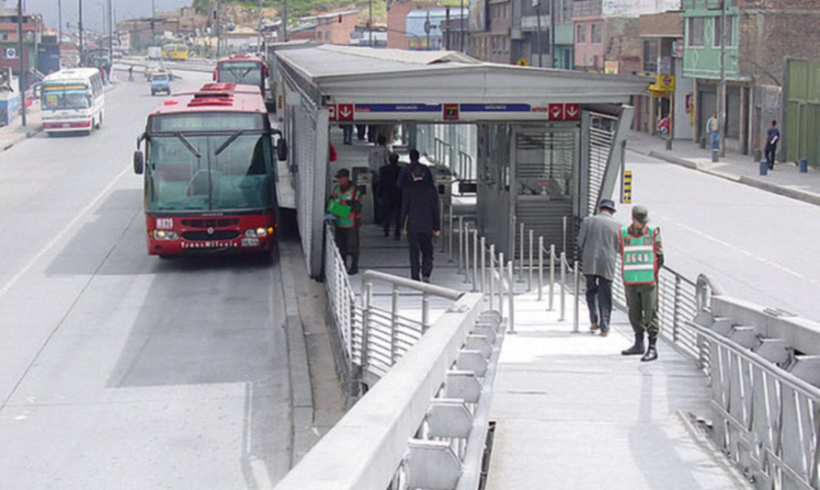
The People of Bogotá Want Cleaner Air. Will the City Listen?
Bogotá is one of Latin America’s most polluted cities – but thanks to its citizens, its air may be getting cleaner.
A decision from the mayor’s office to keep using diesel fuels in the next generation of buses in the city’s bus rapid transit (BRT) system, TransMilenio, set loose a series of events, led by citizens, demanding cleaner air and challenging the local paradigm that less-polluting fuels are too expensive to consider. Today, Bogotá is closer than ever to a cleaner BRT fleet.
What can we learn from Bogotá? Citizens have the power to promote sustainable development, even when there is an apparent lack of political leadership through sustained political organizing and pressure.


